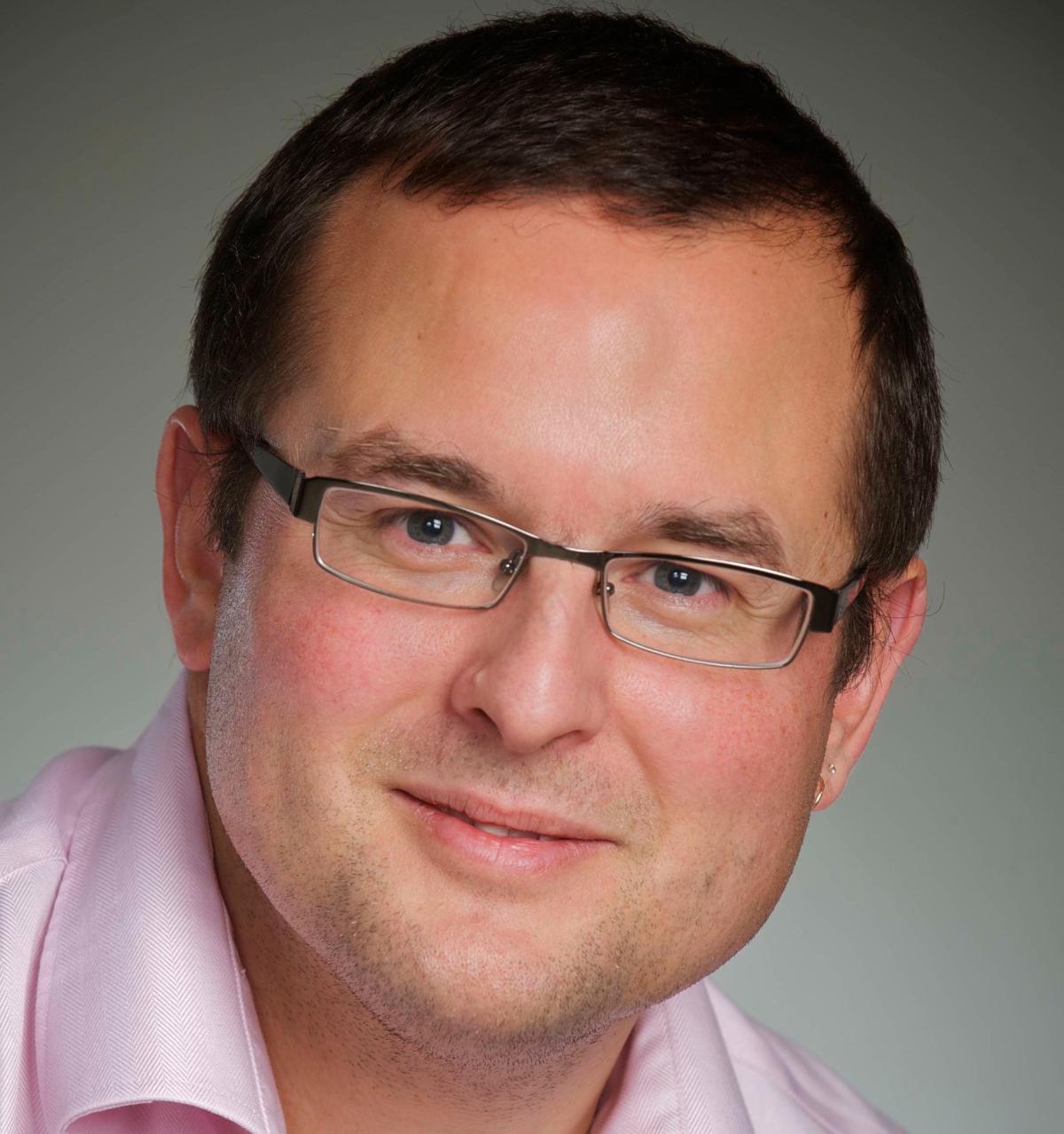Meet Alex Brown: Incoming chair of the Department of Chemistry
Andrew Lyle - 11 July 2022
On July 1, 2022, Alex Brown stepped into the role of chair of the Department of Chemistry. Brown joined the department in 2003, where his research has focused on computational and theoretical chemistry, particularly in the areas of photochemistry and laser control.
Brown’s work brings together multiple disciplines including chemistry, physics, mathematics and computer science, helping to develop new tools for applications in a variety of fields.
Hear from Brown on his research program, his favourite courses to teach, and opportunities he sees for the Department of Chemistry over the next few months.
Tell us about the focus of your research program.
My research program is in the areas of computational and theoretical chemistry. So my lab is not glassware and fumehoods like most people think of when they think of chemistry, but software and computers. Research in this area brings together ideas from chemistry, physics, mathematics, and computer science. We develop and apply computer programs deployed on both in-house workstations and national computer facilities through the Digital Research Alliance of Canada. We have been using these tools to study and understand, often in collaboration with experimental colleagues, new probes for bio-imaging, new materials for photovoltaics and OLEDs, asphaltenes, molecules of interest in combustion and astrochemistry, and inorganic molecules with unique structure and bonding. What links these wide-ranging applications together is the use of quantum chemical approaches for their study.
What is your favourite course to teach?
CHEM 282: Atomic and Molecular Structure, as this course provides chemistry students their first deeper exposure to quantum chemistry and quantum mechanics; they touch on these topics in CHEM 101. The course material is so different to what chemistry students are used to seeing, and, to me, that is what makes it fascinating. I always enjoy trying to get students to grasp the concepts without getting lost in the mathematics. Moreover, the material is foundational to many of the exciting developments in modern chemistry, e.g., new materials for photovoltaic applications and batteries, astrochemistry, imaging in chemical biology. Hence, it is important for students to establish a solid footing in the fundamentals no matter what their direction of interest.
What is the biggest strength/opportunity that you see for the department in the next six months?
While research in the department has been ongoing throughout the pandemic, the big opportunity I see in the short-term is reinvigorating the sense of community where faculty and students interact outside their own research groups both formally at departmental talks and graduate seminars as well as informally over coffee, lunches, and pizza parties with visiting speakers. Our graduate students, and also undergraduate students, have been moving forward through their programs but, I feel, they have missed out on some of the richness leading to both professional and personal development that comes with a university education.
What is your first memory at the U of A?
Probably the new faculty orientation where I met all the other brand new assistant professors; I always think of that time when I run into Chris Herd or Duane Froese from the EAS department who were also there.
What’s something that people might be surprised to learn about you?
This likely won’t be a surprise to those who know me, but I love the outdoors. I commute to work by bike 12 months of the year (okay, I usually give up below -20 C). In the winter, I cross-country ski often with friends from the Edmonton Nordic Ski Club. In the summer, I camp and have at least one back-country trip per year to have time away from news, TV, and, most importantly, email.
Where is your favourite place on campus?
The University Club and in particular the patio. The location has many fond memories including gathering with my research group to celebrate an achievement or to welcome (say goodbye to) a member as well as meetings with my colleagues, and sometimes their families, to toast success, discuss the ongoing challenges and struggles, or commiserate in failure.
If you were enrolling in one course, program or degree right now, what would it be?
When I was going into the third year of my BSc, I wasn’t sure if I was on the right path so I took a year of courses in psychology, sociology, genetics, German, and Greek plays. Psychology fascinated me, and if functional MRI was as developed then as it is now, I could see myself in that field. So psychology is a program that I would definitely explore further.
What advice would you give your 18-year-old self?
I’d give 18-year-old me the same advice I continue to give myself (and which my mother gave 18-year-old-me): do things that make you happy. In your job (or your degree or your life) there may be challenges, setbacks, and things you have to do (that maybe you really do not want to do) but there also should be elements that give you joy, satisfaction, and a sense of accomplishment. In the end, when you tally everything up, you should be happy. If you are not, maybe it is time to move on to something else.
